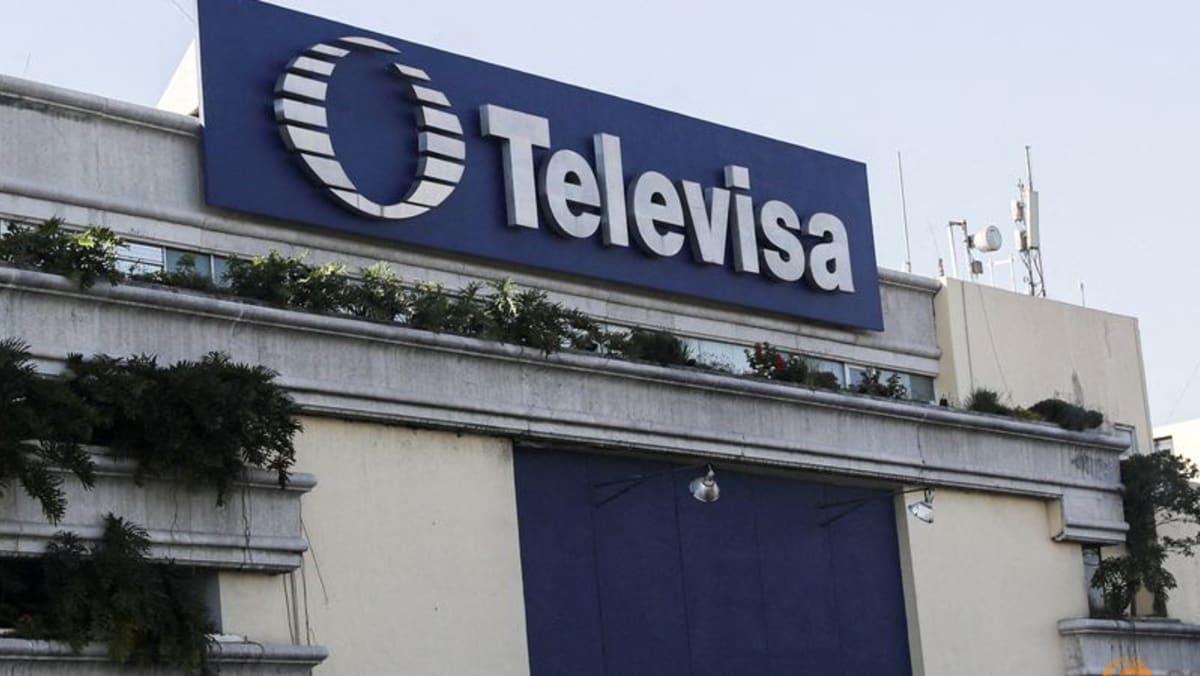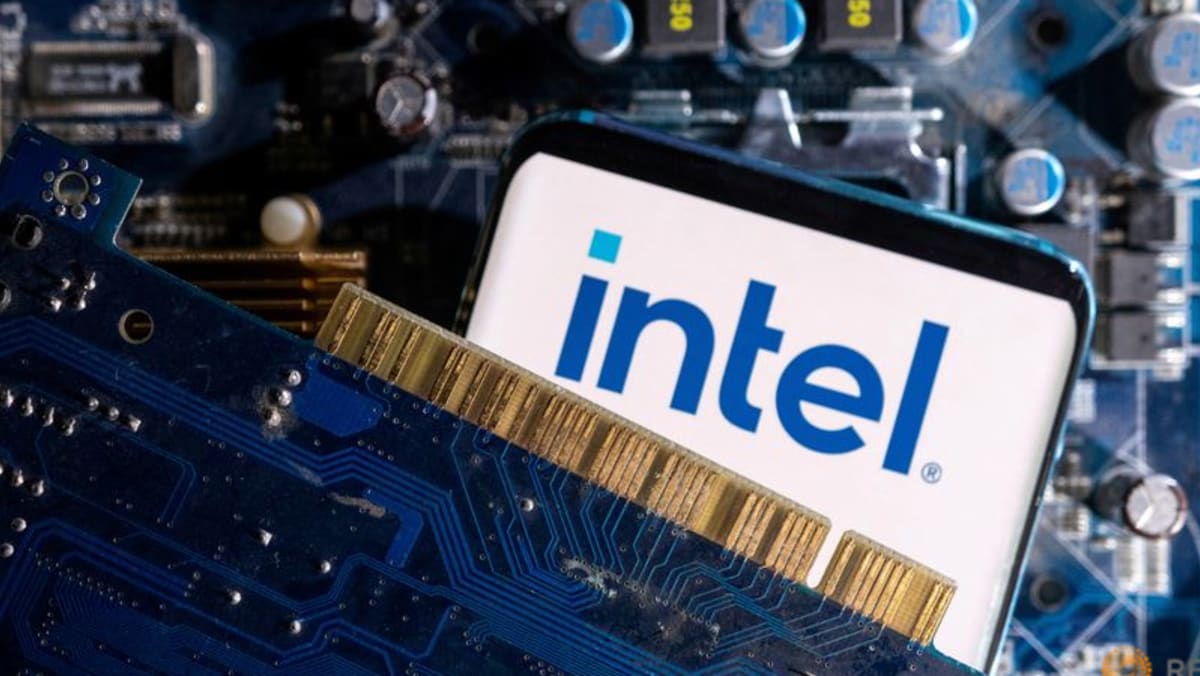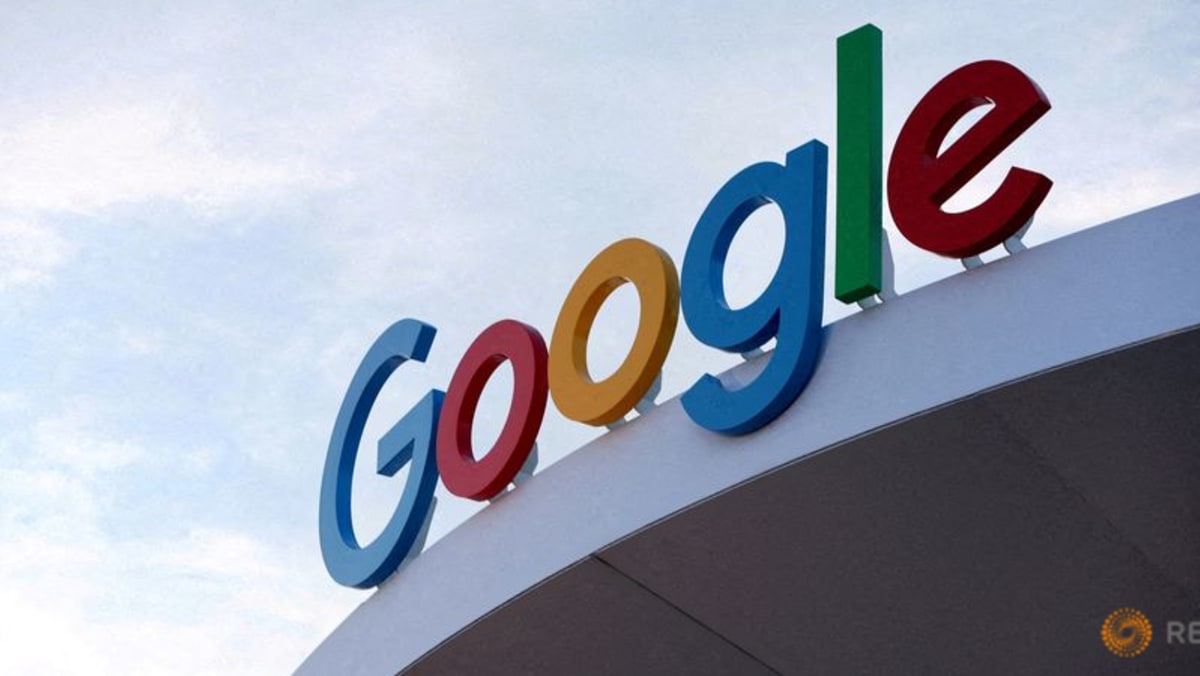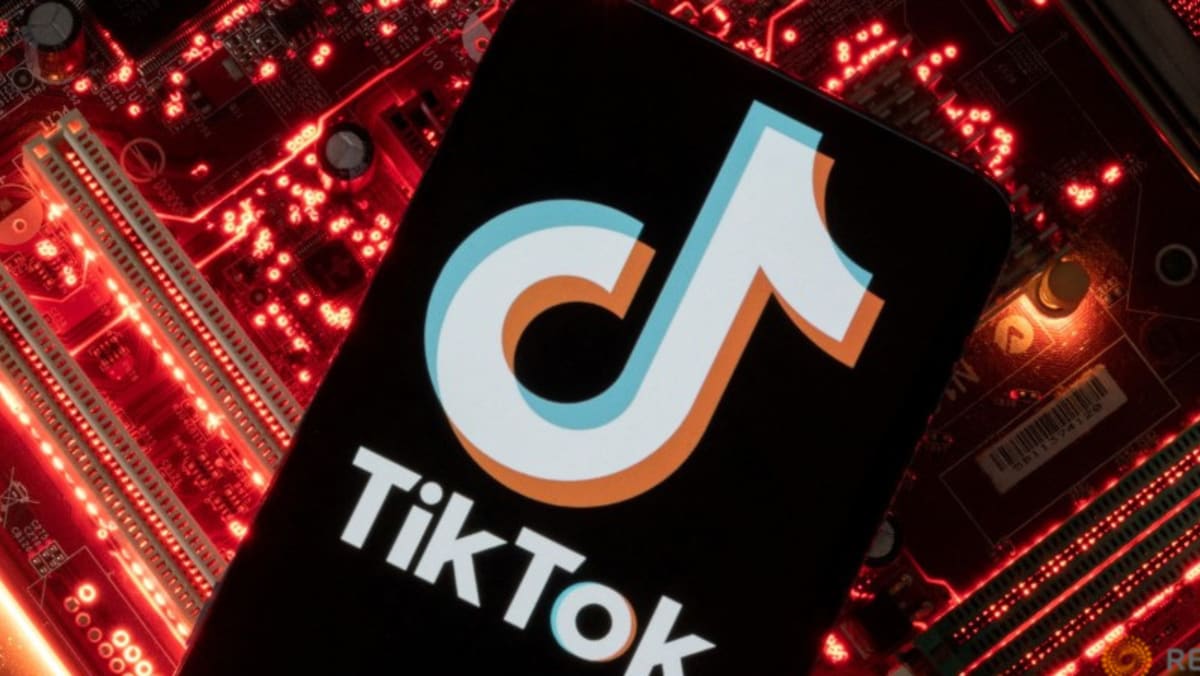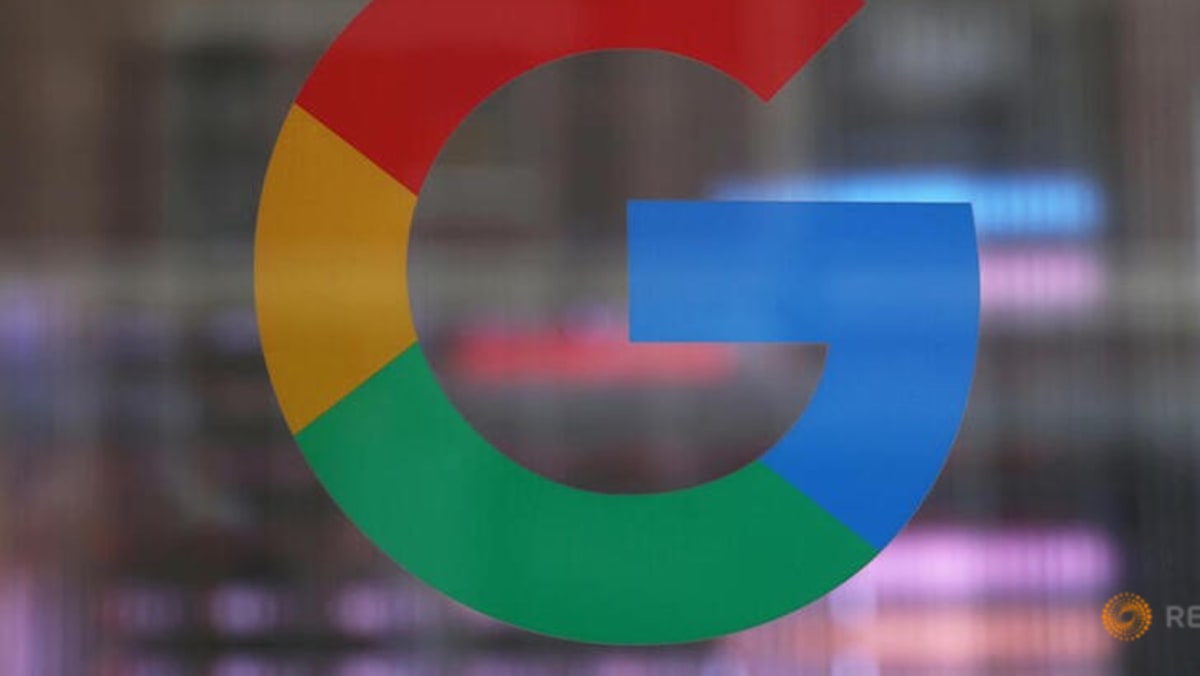DOMINANT PLAYERS
One explanation for the companies’ sluggish response will be familiar to any observer of big tech: the concentration of ownership. The dominant player, Match Group, owns over 40 different apps, including most of the well-known: Tinder, Match.com, OkCupid, Hinge and Plenty of Fish. Its only serious competitor for market share is Bumble, which also owns Badoo and Fruitz.
In the United States, Match Group and Bumble control over three-quarters of the market.
Anti-trust authorities have never given the industry any serious scrutiny. Presumably, they do not think online dating is important enough to deserve it. But these companies have a lot of control over one of the most intimate aspects of our lives.
Thirty per cent of all adults in the US, and over half of people under 30, have used a dating app at some point. One in 10 Americans is currently in a relationship with someone they met online.
The costs of fraud and abuse, in both human and financial terms, are huge. And the anti-competitive pressures in the industry are strong, given the network effect built into online dating: We want to be on the apps that everyone else is on.
Regulators should finally get involved. They should hold the companies accountable for fraud and abuse on their apps in order to force them to innovate to protect users. They should look closely at the prices they charge customers for premium features. The ultimate solution may be to break up the sector’s dominant players, Match Group and Bumble, in order to create real competition.
The inventors of dating apps deserve credit for enabling millions of connections that would never have happened otherwise. But if things don’t change, the companies could be in trouble and millions of people could be lonelier as a result.
Neil McArthur is Director at the Centre for Professional and Applied Ethics, University of Manitoba. This commentary first appeared on The Conversation.






